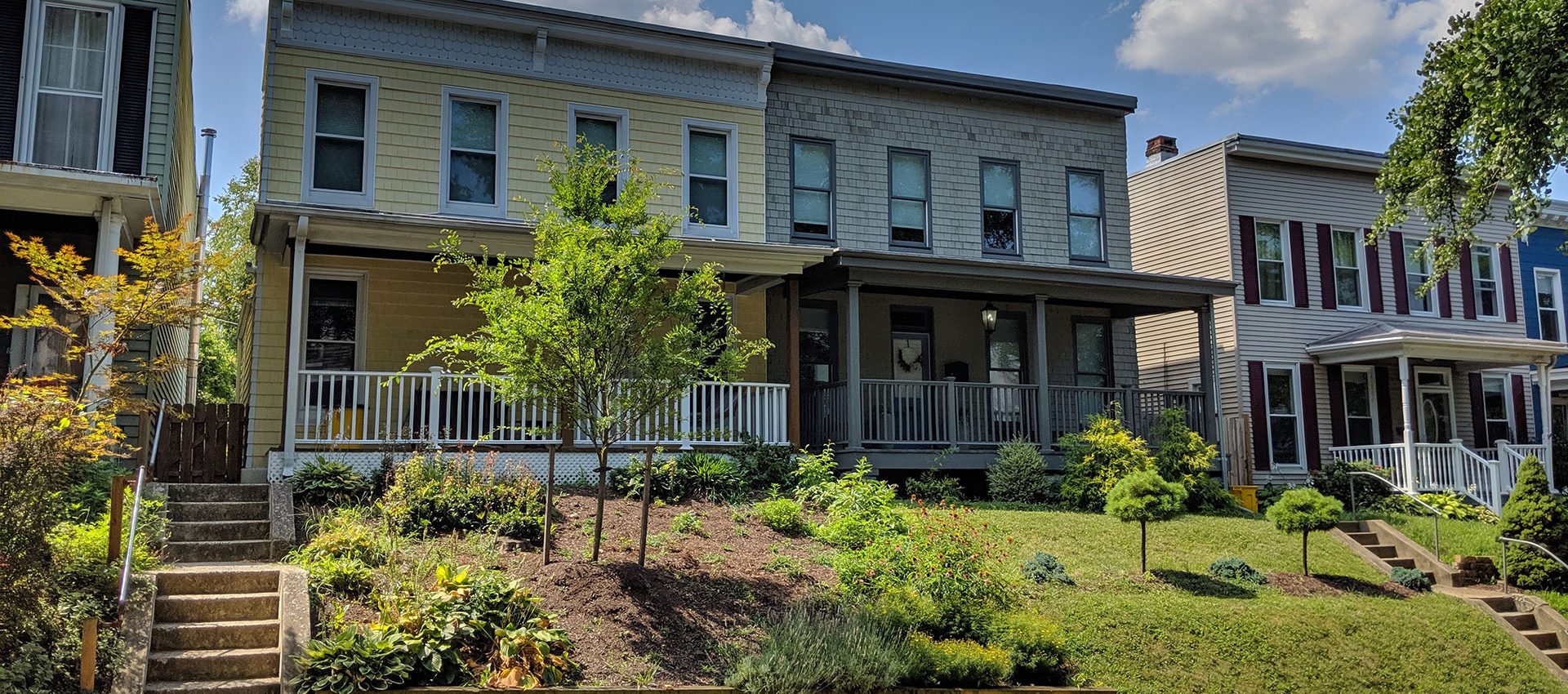
Frequently Asked Questions
You’ve got questions. We’ve got answers. Check out our Frequently Asked Questions section below for Property Partners.
Property Partners
How do I list a property?
First, you must determine if your property is in an Opportunity Area by using our Search Tool.
Once you determine that your property is eligible for participation in our program, you will need to submit a New Property Listing Form to our Landlord Relationship Specialist Dominic Silva at dsilva@brhp.org for approval. Once approved, your property will be listed with us and referred to our families.
What is the process for leasing a unit through BRHP?
Once you and a BRHP applicant agree to rent your property, you will work together to submit a Request for Tenancy Approval (RTA), also known as an RFTA, to BRHP. The family will provide you with the RTA packet. After the RTA is submitted, the requested rent is reviewed for comparability with other nearby rentals. If the requested rent is determined reasonable, meaning the rent is in line with comparable properties, BRHP will call you to schedule an inspection. All units must pass a Housing Quality Standard (HQS) inspection before program participation. The property must be unoccupied and all utilities must be turned on before the inspection. Once the unit passes inspection, you will sign a Housing Assistance Payments (HAP) contract with BRHP to receive payments from us, and sign a lease with your new tenant. You will then submit those documents to BRHP. The tenant will then move in and begin their lease with you – congratulations, you are officially a BRHP property partner!
Who is responsible for the security deposit?
BRHP families are responsible for paying security deposits. The deposit may not exceed those charged to unassisted tenants (or the maximum allowable by law). In some cases, the Baltimore Housing Mobility Program can assist the family with a portion of their security deposit. However, the portion of the security deposit paid by the program must be refunded by the owner to BRHP at the time the tenant moves out. If the owner uses the security deposit to cover valid end-of-lease expenses (i.e., damages, etc.), the owner must provide the Baltimore Housing Mobility Program with a copy of the written notice that is provided to the tenant following Maryland security deposit laws.
How do I request a rent increase?
BRHP will consider rent increase requests that meet the following criteria:
- BRHP must receive the Rent Increase Request Form from the property partner at least 120 days before the change is to be effective. A copy of a sixty-day advance written Notice of Intent to Increase the Rent must be provided to your tenant, and must contain the following information:
- the notice addressed to the tenant/head of household
- the complete property address, including apartment number if applicable
- the effective date of increase
- the proposed rent amount
- the signature of the owner or agent
- the current date
- Any increase requests must follow the terms of the lease.
- All changes in rent are subject to rent reasonableness requirements, BRHP approval, and available funding.
What should I do if there is an issue with a tenant?
If the issue with the tenant is rent-related, please be advised that the Baltimore Housing Mobility Program cannot pay the tenant’s share of the rent. However, we can and will provide counseling for you and/or the tenant. Please contact our counseling department for assistance. Please also refer to the Property Partner Manual, which has a wealth of information and guidance. If there are other issues with the tenant, please follow your standard procedures outlined for all other residents. If the issues are criminal, please contact the police.
What are my responsibilities as the property owner?
The owner, agent, and property manager must follow the guidelines established below to participate with our program. Below you will find a list of owner responsibilities that will further assist you in your partnership with BRHP and relationship with your tenant. For additional information please see the owner section of our Administrative Plan.
- Screen potential voucher holder for tenancy
- The owner is responsible for collecting from the family:
- any security deposit
- the tenant contribution, which is the part of rent to owner not covered by the housing assistance payment
- any charges for unit damage by the family
- Maintain the unit in accordance with the Housing Quality Standards (HQS), including performance of ordinary and extraordinary maintenance.
- Comply with equal opportunity requirements
- Provide BRHP information required under the HAP contract
- Pay for utilities and services, unless paid by the family under the lease
- Enforce the terms of the lease
- Communicate regularly with tenant
What is the difference between the payment standard and the affordable rent range listed on the BRHP Search Tool?
The payment standard is the gross rent, which includes the actual rent plus the utility allowance. Every utility paid by the tenant has an assigned value that is used to determine affordability. This assigned value may be more or less than the actual amount paid for that utility.
For example, if the payment standard is $2200.00 and the rent is $1850.00, the tenant pays for electric heat, electric hot water, electric stove, and other electric utilities. The assigned values are electric heat = $45.00, electric hot water = $35.00, electric stove = $25.00, and other electric utilities = $20.00. The sum of these values = $125.00. The $1850.00 rent + $125.00 utility allowance = $1975.00 gross rent. The unit is affordable because the gross rent is less than the payment standard. If the rent was $2175.00 and the utility allowance was $125.00, the gross rent would be $2300.00 and the tenant would be responsible for the $100.00 above the payment standard in addition to their rent portion.